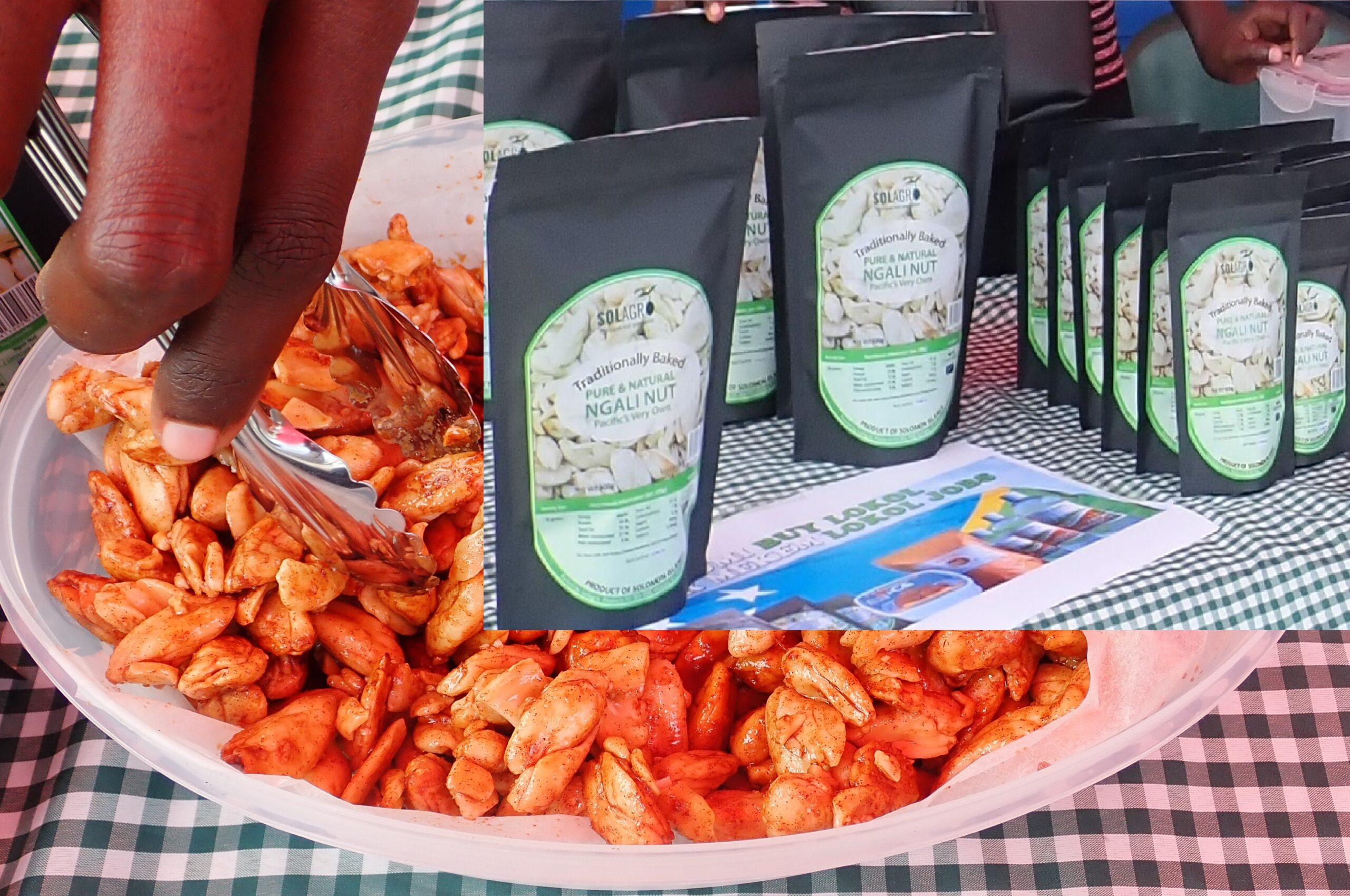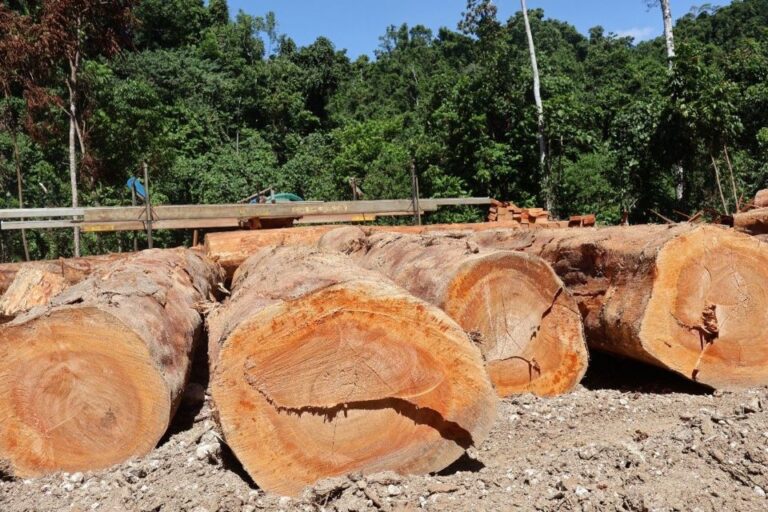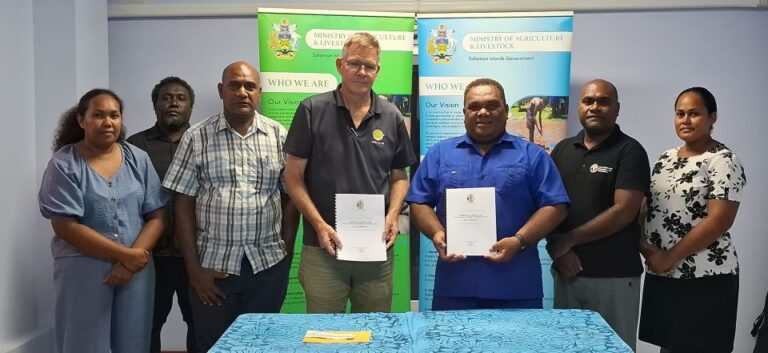BY JOY OFASIA
IN the Solomon Islands, Ngali nut is an ancient plant that provides an important source of protein and nutrition for natives for centuries. In 2012, local soil scientist, Dr. Shane Tutua with three others started a rural business company called the SolAgro Products.
The company, which is based at Baniata, in the Western province, has poured 9 years of its expertise in the promotion of indigenous and culturally valued Ngali nuts into food making production business, which creates more new jobs for its remote rural populace in the country.
The company has over the years created several new brand concepts from classic Ngali nut snacks to exotic Ngali nut flavor ingredients.
Dr. Tutua said they want to promote Ngali nut as traditional Melanesian food and to promote to tourists as an organic or natural forest product.
“We do not sell Ngali nut products only but also promote the story of Ngali nut as a platform,” he said.
Dr. Tutua is now working closely with a Mrs. Dorence Silvae who is also the Ngali nut grower processor, co-owner and quality control officer of SolAgro company to ensure women in the communities in the Western province can produce high quality, healthy, tasty dried nut products and to make sure, they too have the access to a bigger markets and to convert their products into cash to meet their basic needs.
“We also provide market access for rural women with their processed nuts and buy from them. When we transport the nuts to Honiara and package them, we then put out to sell in shops in town mainly to target the tourists and visitors to the country to take back with them gifts of snacks to their country.
“So if you buy a package of SolAgro’s Ngali nut today, you know that you are supporting the livelihoods of these rural women and their families.
“In the processing of nuts, we are maintaining the traditional way of processing Ngali nut. There are six steps in which Ngali nuts are being processed in 1. Picking 2. Drying 3. Cracking 4. Removal of Testa 5. Breaking in hot stone oven 6. Sorting and Storage,” he explained.
SolAgro Company purchased 800kg of nuts from the community who are producing at least three tonnes of dried Ngali nuts annually and also exports edible Ngali nut products to overseas markets. The main suppliers of nuts to the Company are from the Baniata community in Rendova, Western province. However, they would like to expand the operation to include other communities and other islands in the future as the market grows. The nuts are seasonal and harvested from September to February. Drying and baking the nuts lengthens shelf life to more than a year.
The company has also exported processed Ngali nut products to New Caledonia since 2015 and now to Fiji.
Dr. Tutua said he is looking forward to shifting into a new approach to processing the nuts.
“The company will soon stop the processing of Ngali nuts and allow the people in the villages to be the ones to processing the nuts, this is because of their expertise around Ngali nuts.
“This approach will also bring job opportunities to locals in the villages. Before the locals go into the new approach of processing of Ngali nuts, they must undergo training in food safety, health, and hygiene,” he added.
Dr. Tutua said it is important to produce local products because it creates employment for rural people who process the nut. It is also very important that we buy our local products because when we do this we support our local businesses to grow.
He said that in the Pacific we only have PNG, Vanuatu and Solomon Islands who have Ngali nuts grown in the islands. It adapts to climate change and lasts for hundreds of years, therefore, it is also important for food security because it is a nutritious food.
SolAgro is working to build its capacity and that of the growers to increase the production of Ngali nuts and market it both locally and overseas through the partnership and support of the World Bank-funded Rural Development Programme.
They are now working on organic certification through the Participatory Guarantee System (PGS) with support from the Pacific Organic and Ethical Trade Community (POETCom) to make the product more attractive to the market.




